Karl Jaspers was a German philosopher and psychiatrist. He was one of the chief proponents of existentialism, a movement concerned with the meaning and limits of human existence.
Jaspers was born in Oldernburg, Germany on February 23, 1883. In 1908 he graduated with a degree in medicine and in 1909 began working at a psychiatric clinic in Heidelberg. But Jaspers was dissatisfied with the accepted way of treating the mentally ill. He presented his own theories in a 1913 study entitled General Psychology.
He felt that most of the scientific and medical community lacked the expertise to understand mental illness. Science depended on objective data. But mental illness concerned man’s inner self and touched his whole being.
Jaspers decided to abandon medicine for philosophy. He believed that only philosophy could study man in his entirety. He began to teach the subject at the University of Heidelberg.
In 1919, he published The Psychology of World Views, considered one of the first existentialist works.
In 1932, he published his chief work, entitled Philosophy.
Jaspers believed man was unique. Unlike other creatures, man has a conscience and is free to make his own choices.
Yet man is not completely free, and some situations can even render him powerless.
For example, Jaspers believed man cannot avoid inflicting pain on others, and was thus forever bound to a feeling of guilt.
Man also has no say in being born. He is tossed into life and cannot do anything to stave off death.
Jaspers saw these limits as walls that enclose human existence. Man senses something lying behind the walls, but can do nothing to overcome them. Jaspers viewed man’s existence as tragic: in the very moment man senses truth exists, he also realizes it is inaccessible to him. Unlike the scientist, who trades in explanations, the philosopher cannot reassure man as to his condition because there is no hope to offer. The philosopher can only pose questions, but despite this limit, he eventually comes to understand more than the scientist.
Thus, according to Jaspers, philosophy becomes ethics. For him, ethics places life between awareness of one's limits and the difficulty in accepting them. With the rise of Nazism in Germany, Jaspers had to abandon teaching because his wife, Gertrude Mayer, was Jewish. But when the war ended in 1945, he returned to teaching. In 1948 he moved to Basel, Switzerland. Jaspers died there on November 26, 1969. He was 86.
Jaspers was born in Oldernburg, Germany on February 23, 1883. In 1908 he graduated with a degree in medicine and in 1909 began working at a psychiatric clinic in Heidelberg. But Jaspers was dissatisfied with the accepted way of treating the mentally ill. He presented his own theories in a 1913 study entitled General Psychology.
He felt that most of the scientific and medical community lacked the expertise to understand mental illness. Science depended on objective data. But mental illness concerned man’s inner self and touched his whole being.
Jaspers decided to abandon medicine for philosophy. He believed that only philosophy could study man in his entirety. He began to teach the subject at the University of Heidelberg.
In 1919, he published The Psychology of World Views, considered one of the first existentialist works.
In 1932, he published his chief work, entitled Philosophy.
Jaspers believed man was unique. Unlike other creatures, man has a conscience and is free to make his own choices.
Yet man is not completely free, and some situations can even render him powerless.
For example, Jaspers believed man cannot avoid inflicting pain on others, and was thus forever bound to a feeling of guilt.
Man also has no say in being born. He is tossed into life and cannot do anything to stave off death.
Jaspers saw these limits as walls that enclose human existence. Man senses something lying behind the walls, but can do nothing to overcome them. Jaspers viewed man’s existence as tragic: in the very moment man senses truth exists, he also realizes it is inaccessible to him. Unlike the scientist, who trades in explanations, the philosopher cannot reassure man as to his condition because there is no hope to offer. The philosopher can only pose questions, but despite this limit, he eventually comes to understand more than the scientist.
Thus, according to Jaspers, philosophy becomes ethics. For him, ethics places life between awareness of one's limits and the difficulty in accepting them. With the rise of Nazism in Germany, Jaspers had to abandon teaching because his wife, Gertrude Mayer, was Jewish. But when the war ended in 1945, he returned to teaching. In 1948 he moved to Basel, Switzerland. Jaspers died there on November 26, 1969. He was 86.
RELATED


LEONARDO DA VINCI
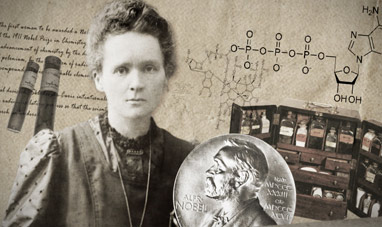

MARIE CURIE


ERICH FROMM
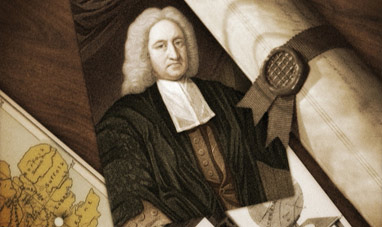

EDMUND HALLEY
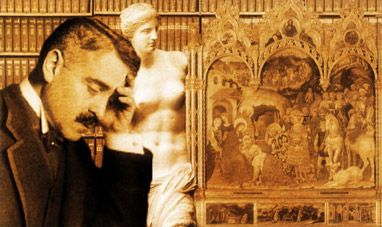

ABY WARBURG
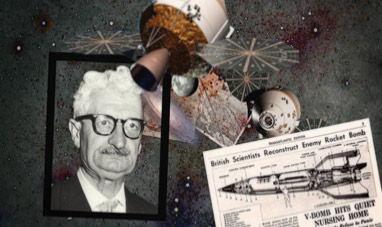

WERNHER VON BRAUN
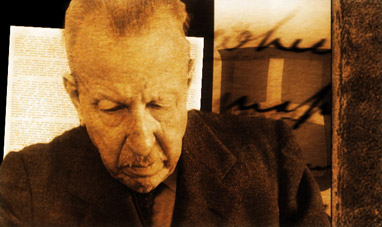

BENEDETTO CROCE


CHRISTIAAN HUYGENS
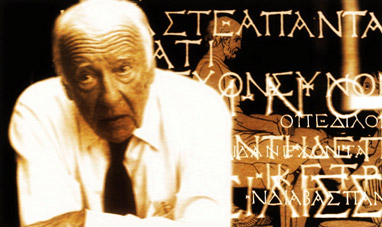

HANS GEORG GADAMER
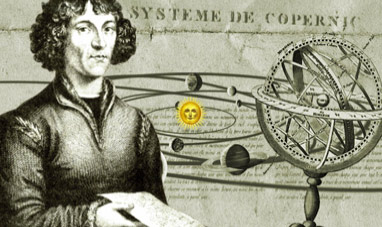

NICOLAUS COPERNICUS


GALEN
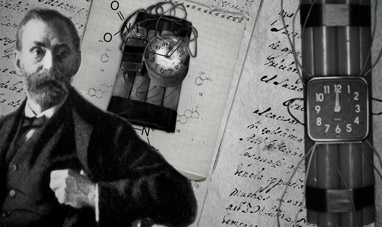

ALFRED NOBEL
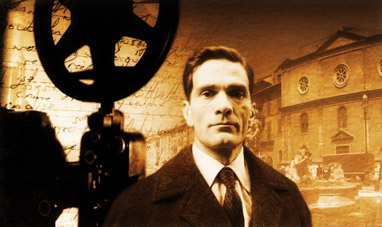

PIER PAOLO PASOLINI


THE LUMIÈRE BROTHERS
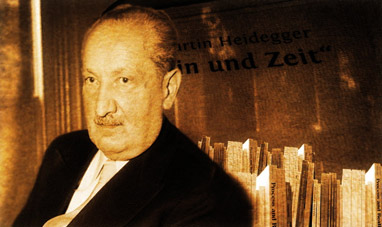

MARTIN HEIDEGGER
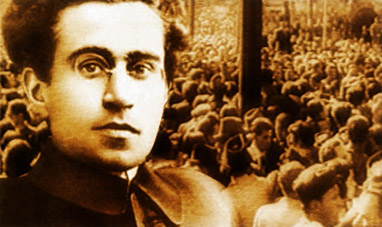

ANTONIO GRAMSCI
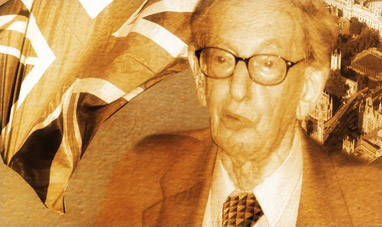

ERIC HOBSBAWM


ISAAC NEWTON
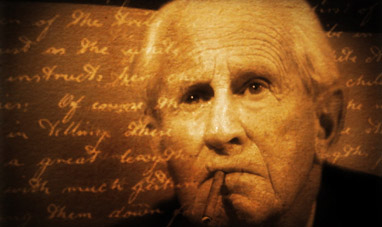

HERBERT MARCUSE
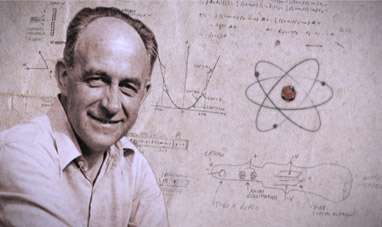

ENRICO FERMI


CARL ROGERS


LUDWIG WITTGENSTEIN
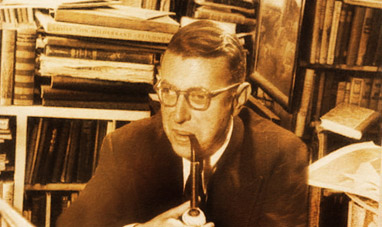

JEAN PAUL SARTRE
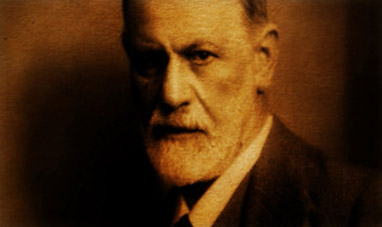

SIGMUND FREUD


EDMUND GUSTAV ALBRECHT HUSSERL
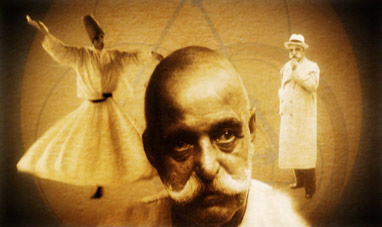

GEORGE IVANOVICH GURDJIEFF
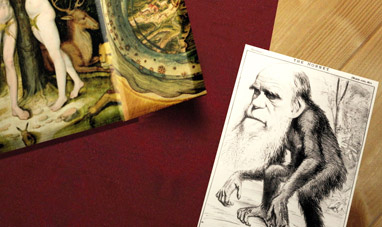

CHARLES DARWIN
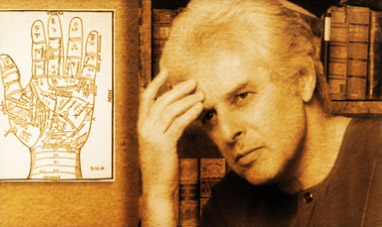

ALEJANDRO JODOROWSKY


JOHANNES KEPLER
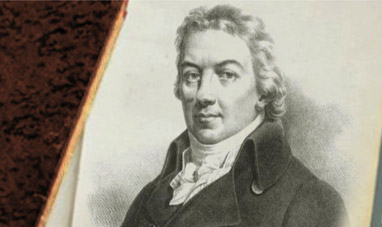

EDWARD JENNER
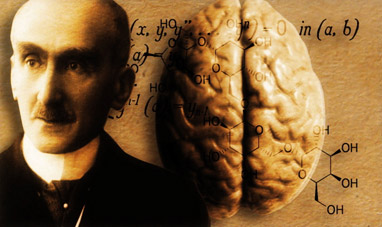

HENRI BERGSON
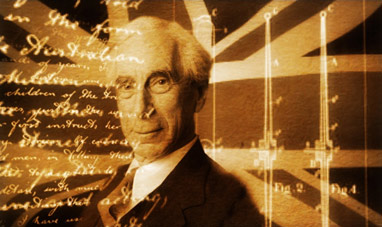

BERTRAND RUSSEL


THOMAS ALVA EDISON


MOTHER TERESA OF CALCUTTA


WILHELM HERSCHEL
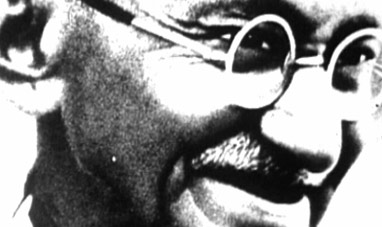

GANDHI
